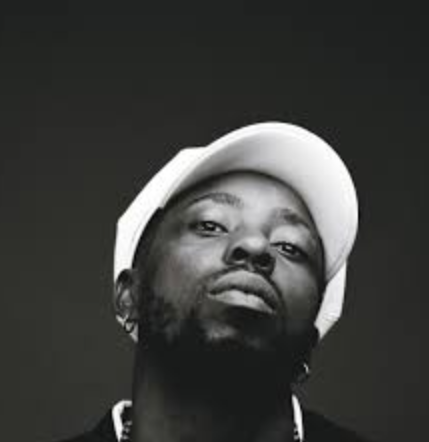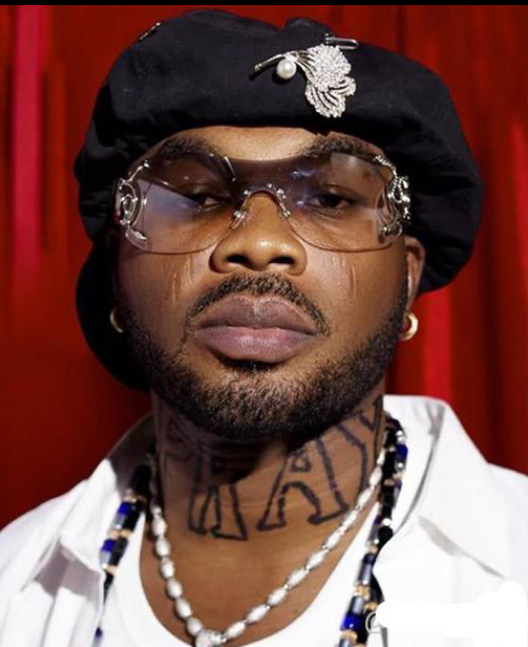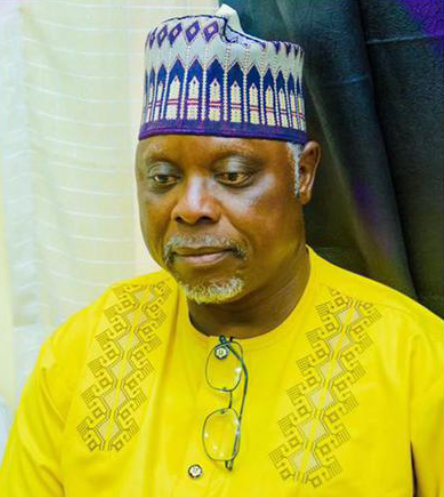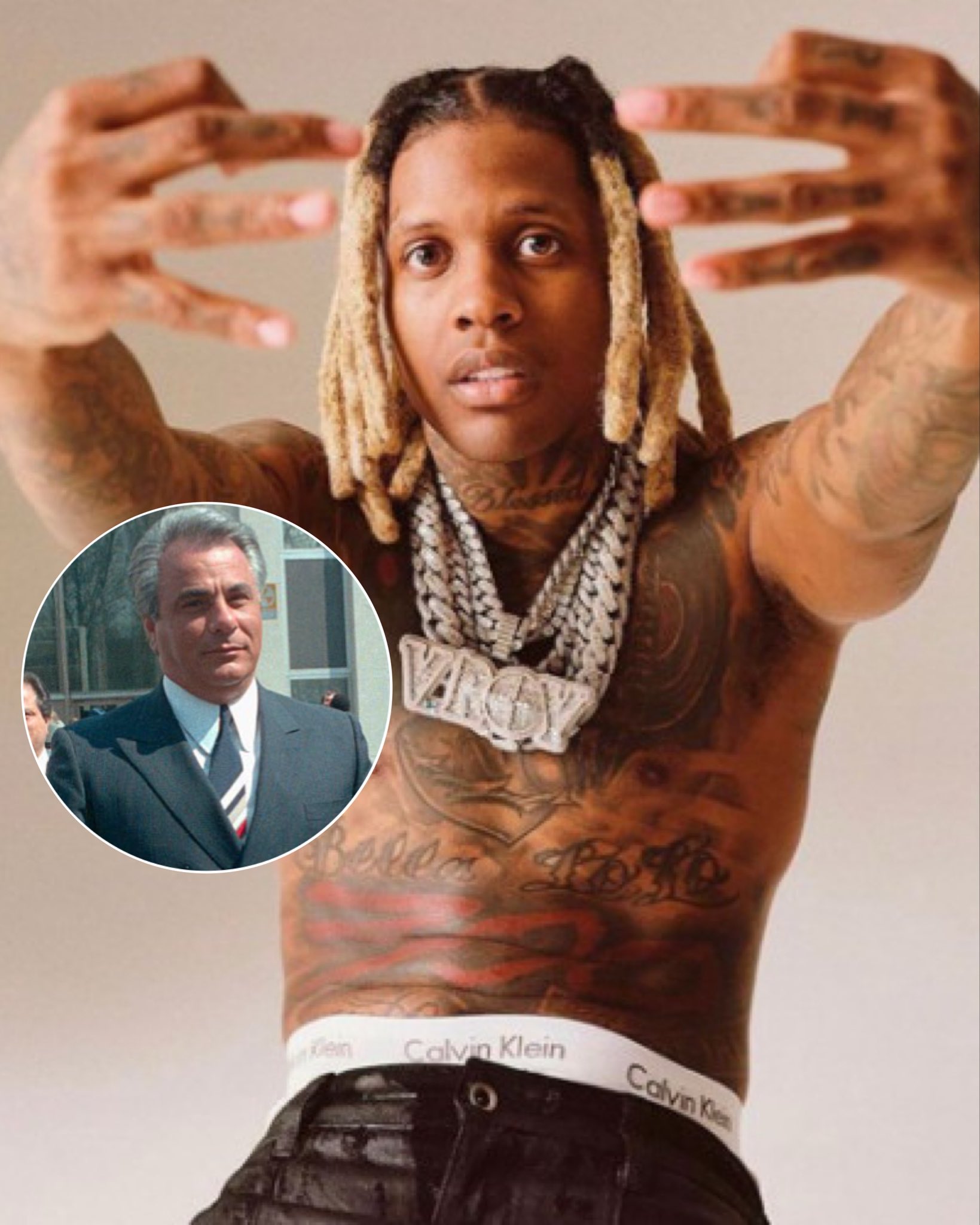
“Icons or Industry Puppets?” — Erigga’s Bold Take on Celebrity Culture Sparks Frenzy Online

In the ever-evolving landscape of Nigerian entertainment, where fame often dances hand-in-hand with controversy, rapper Erigga has set the internet ablaze with a thought-provoking statement that has many questioning the very foundation of stardom. In a tweet that swiftly migrated from X (formerly Twitter) to every corner of Nigerian social media, the Warri-born lyricist declared, “Celebrities were never icons... it was an illusion. When you see talented singers everywhere, you notice they weren’t that rare, just the ones the music industry could manipulate.”
With just a few lines, Erigga managed to rupture the glossy veil that often surrounds celebrity culture. His message, delivered without sugarcoating, challenged the core of what society has come to accept as iconic — suggesting that the celebrated figures we often revere may simply be products of clever marketing, manipulation, and industry politics. He essentially poked a hole in the balloon of pop culture, letting out the air of illusion many fans have been floating on for years.
As expected, social media went into a frenzy.
Within hours, his tweet became a trending topic, drawing mixed reactions from fans, fellow artists, and cultural commentators. For some, Erigga’s assertion was refreshing — a rare moment of honesty in a space oversaturated with curated perfection and influencer branding. These supporters praised the rapper for daring to speak against the grain, noting how many artists are catapulted to fame not necessarily because of superior talent, but because they are more willing to be shaped and packaged by the system.
But not everyone was applauding.
Several netizens fired back, labeling his comments as bitter and dismissive. One user angrily posted, “Oga go and sit down, there are very talented artists at the top, it's a combination of being talented and knowing the business, which one be puppet wey you dey talk?” Others called his post an indirect excuse for his own commercial shortcomings, interpreting it as the lament of a rapper who’s often been on the fringes of the mainstream.
The online drama didn’t end there.
One particularly viral reply threw names into the conversation, questioning, “Abeg Tu Face na Icon? P Square when dey fight each other dem be Icon abi na Davido and Wizkid, what about that ungrateful Gorilla! Burna Boy! Thank you Erigga! Make I tell una, Icons dem be Ebenezer Obey and King Sunny Ade those na Icons!” This comment, while laced with sarcasm, echoed a broader generational sentiment — that the word "icon" has perhaps been overused, stretched to accommodate contemporary stars who may not yet have earned such a weighty title.
Still, amid the back-and-forth, Erigga remained quiet. No follow-up tweet. No explanation. Just the echo of his initial statement reverberating through countless group chats, blog comment sections, and Twitter threads.
This is far from the first time Erigga has challenged the status quo. Known for his gritty, raw takes on society and the music industry, he has often worn his outsider badge with pride. But with this recent comment, he’s done more than stir up a cultural debate — he’s forced fans and even fellow artists to take a hard look in the mirror. What makes an icon? Is it streaming numbers? Awards? Endorsements? Or is it authenticity, longevity, and impact?
His choice of the word “puppets” wasn’t accidental either. It implied a lack of agency — suggesting that many artists are controlled, molded, and even exploited by the very system that claims to celebrate them. It’s a harsh image to consider, especially in an industry where so many dream of breaking through to the top, often unaware of the politics and compromises that come with the spotlight.
Industry insiders, while reluctant to speak publicly, have quietly echoed some of Erigga’s sentiments in past interviews. From allegations of gatekeeping to accusations of favoritism and label manipulation, the Nigerian music industry, like many others globally, has long been criticized for prioritizing profit over pure talent.
Yet, even as the controversy rages, one thing is clear: Erigga has forced an overdue conversation. In a time when social media clout often trumps musical excellence and virality is mistaken for value, his words are a sobering reminder that not everything that shines is gold. Sometimes, it's just good lighting, clever PR, and a bit of string-pulling from behind the scenes.
The public, too, bears some responsibility. Our obsession with celebrity, our blind idolization, and our constant hunger for new stars have all played a role in shaping an entertainment ecosystem that rewards pliability over principle. We celebrate “icons” because they trend, not because they transform.
In the end, whether one agrees with Erigga or not, he has done what true artists do — provoke thought. He may never win the Most Streamed Artist award or headline the biggest festivals, but with this single tweet, he’s reminded us that there’s a fine line between fame and legacy, between popularity and power, between being seen and being remembered.
For now, the digital dust is still settling. Opinions remain divided. But one thing is undeniable — Erigga’s words have peeled back the curtain on an uncomfortable truth. And whether we choose to confront it or continue living in the illusion, the seed of doubt has been planted.
The question now is: who's really pulling the strings?


